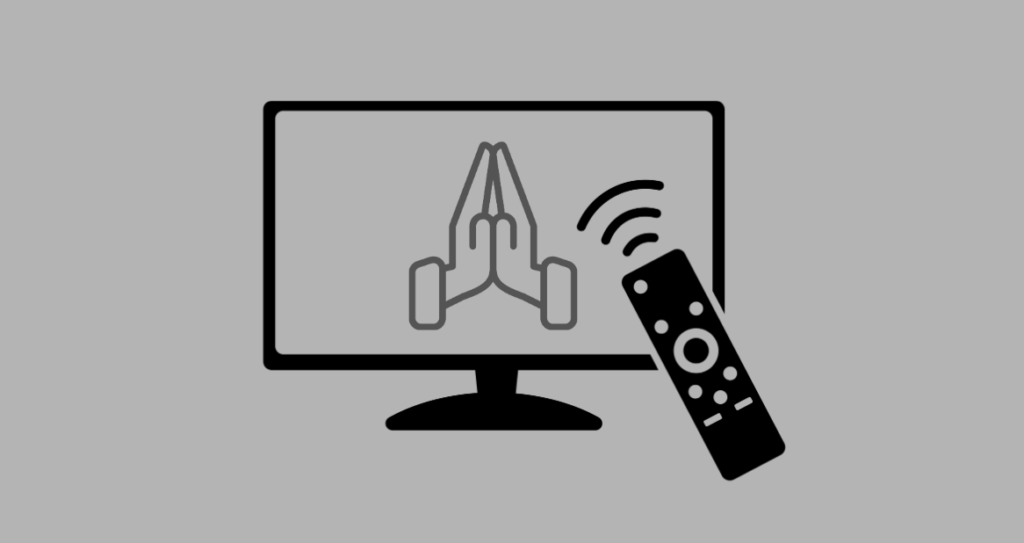
Religious agency in the digital age
23. September 2025
How is religious agency changing in the age of digitalization and artificial intelligence? Researchers at the Universities of Bremen and Würzburg are addressing this question in the new DFG research network CARD. The interdisciplinary project is scheduled to run for three years.
Since the coronavirus pandemic, religious services have been regularly broadcast online. Religious communities have been using social media for communication for many years. And the first robots are already being used in religious contexts. AI tools are already creating sermons, and there are apps that provide pastoral counseling. There is no question that religious practices today are closely intertwined with digital media technologies.
“These developments raise fundamental questions,” says Professor Ilona Nord from Julius Maximilian University of Würzburg (JMU). In a new research project within the DFG research network CARD (Conceptualizing Agency, Religion and Digitalization), Ilona Nord and Kerstin Radde-Antweiler, professor at the Institute for Religious Studies and the Center for Media, Communication and Information Research at the University of Bremen, want to seek answers to these questions.
Fundamental questions about human agency
The three-year interdisciplinary project investigates how religious agency is changing in the age of digitalization and what role artificial intelligence plays in this.
“Advancing digitalization raises fundamental questions about human agency,” explains Ilona Nord. “As algorithms and AI systems increasingly act independently, we need to rethink what agency, i.e., the ability to act, means,” emphasizes Kerstin Radde-Antweiler. This is particularly true in the religious sphere, which has been little researched to date.
Religious practice in the digital transformation
“Can non-human actors such as AI systems have, retain, or be granted religious authority? How do ideas about the relationship between humans and God change when machines intervene?” These are the kinds of questions that the participating researchers will be addressing in the coming years.
The main goal of the network is to develop a common theoretical basis for conceptualizing agency in the context of religion and digitalization. The results will be published in a handbook comprising three parts: disciplinary perspectives, interdisciplinary dialogues, and central concepts such as authority, power, and empowerment.
In addition, CARD serves as preparation for a larger international research project planned for the end of 2028. “We are creating the conceptual basis for the next generation of research on religion and digitalization,” say the two scientists.
International cooperation and promoting you
The CARD network brings together researchers from 13 different disciplines for the first time, including theology, religious studies, philosophy, sociology, media studies, computer science, and psychology. In addition to German universities, international partners from the US, Sweden, Norway, and the Netherlands are also involved.
“A particular focus is on promoting young scientists,” emphasizes Radde-Antweiler. Six young researchers are integrated into the network as full members and actively participate in shaping the research. In addition, the project aims to strengthen the visibility of German-language research in this internationally oriented field. To this end, the network is planning workshops in which renowned international experts will participate as guests.
Professor Karsten D. Wolf (Educational Sciences) from the University of Bremen is also involved.
Further information: https://www.ev-theologie.uni-wuerzburg.de/religionspaedagogik/prof-dr-ilona-nord/forschungsprojekte/

